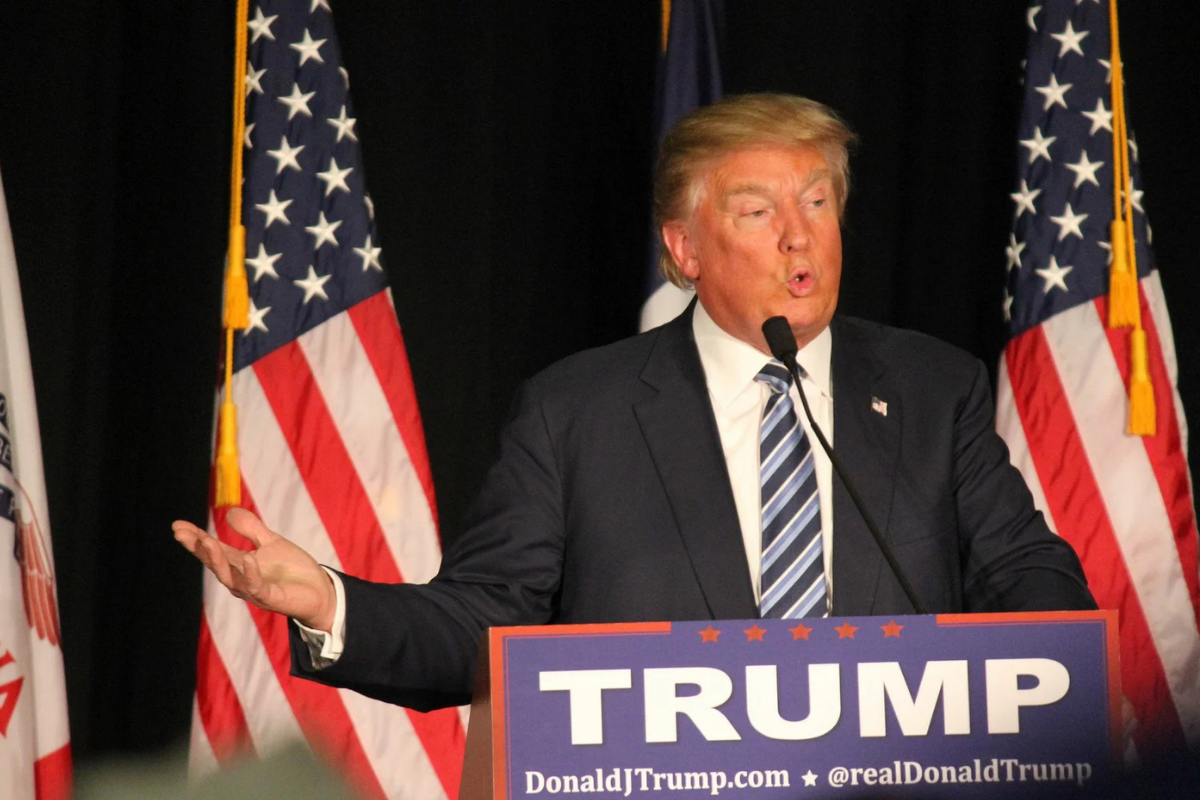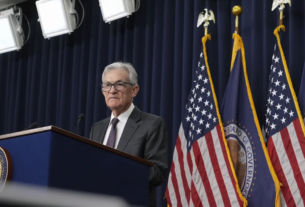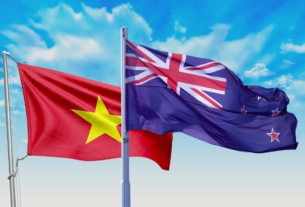Europe faces uncertainty as it braces for a potential return of Donald Trump to the U.S. presidency. The impact of his policies remains unclear, but concerns about trade, security, and diplomacy are rising. European leaders are weighing the potential challenges and opportunities a second Trump term could bring, knowing that past policies caused disruption.
Trump’s previous tenure led to strained relations with European leaders. His “America First” policies created friction over issues like NATO spending, trade tariffs, and climate change. The possibility of his return to office has sparked fears that these policies could be revived, threatening partnerships and long-standing agreements that have shaped transatlantic relations for decades.
Trade is one area where Europe could face significant challenges. Trump’s trade wars, particularly with China and the European Union, may be reignited if he returns to office. His previous administration imposed tariffs on steel, aluminum, and European products, disrupting global markets. European businesses, especially in sectors like automotive and agriculture, could see new tariffs or regulatory challenges that would complicate their operations and profitability.
Security concerns are also on the minds of European nations. Trump’s approach to NATO and defense spending during his first term led to tension with European allies. He demanded that NATO members increase their defense budgets, creating uncertainty about the alliance’s future. A return to office could lead to further pressures on defense spending, possibly altering the dynamics of European defense strategy and potentially weakening collective security.
Diplomatically, Europe is uncertain about how Trump would approach global challenges. His foreign policies on climate change, Iran, and the Middle East during his first term were at odds with European leaders. Trump’s decision to withdraw from the Paris Climate Agreement and the Iran nuclear deal created divides. A change in U.S. foreign policy direction could force Europe to adjust its own strategies, balancing competing priorities and interests with the U.S. and other global powers.
European leaders are considering how to adapt to a potential new Trump era. Some view it as an opportunity to assert more independence from the U.S. and strengthen regional partnerships within Europe. Others worry that Trump’s unpredictable approach to diplomacy could destabilize global relations, especially if the U.S. continues to withdraw from multilateral agreements or alliances. The possibility of a more isolationist U.S. could shift Europe’s focus to increasing its own military and economic power.
For businesses, the uncertainty surrounding Trump’s policies creates a challenging environment. Companies in Europe with strong ties to the U.S. market may face disruptions, particularly if new tariffs or trade restrictions are imposed. European manufacturers, especially in industries like automotive, could experience changes in supply chains and market access. Businesses must reassess their strategies, adjust operations, and prepare for potential policy shifts that could affect their bottom line.
Public opinion in Europe also varies. Some support Trump’s stance on issues like defense spending and trade, particularly in countries where a more assertive approach to U.S.-Europe relations is seen as beneficial. Others fear the negative consequences of his policies, particularly those that could undermine the European Union’s unity or damage relationships with key allies. The divide in opinion highlights the broader uncertainty facing Europe, as it prepares for the potential of a second Trump term.
Europe must consider its long-term strategy in a changing global environment. The possibility of a second Trump term calls for careful diplomacy and the ability to respond to unexpected shifts in U.S. policies. Leaders will need to balance relations with the U.S. while strengthening ties within Europe and with other global partners.
In conclusion, Europe faces a period of waiting and adjusting. The return of Trump to power could have profound effects on trade, security, and diplomacy. European leaders and businesses will need to navigate the shifting landscape carefully to maintain stability and avoid disruptions while preparing for various possible outcomes.




